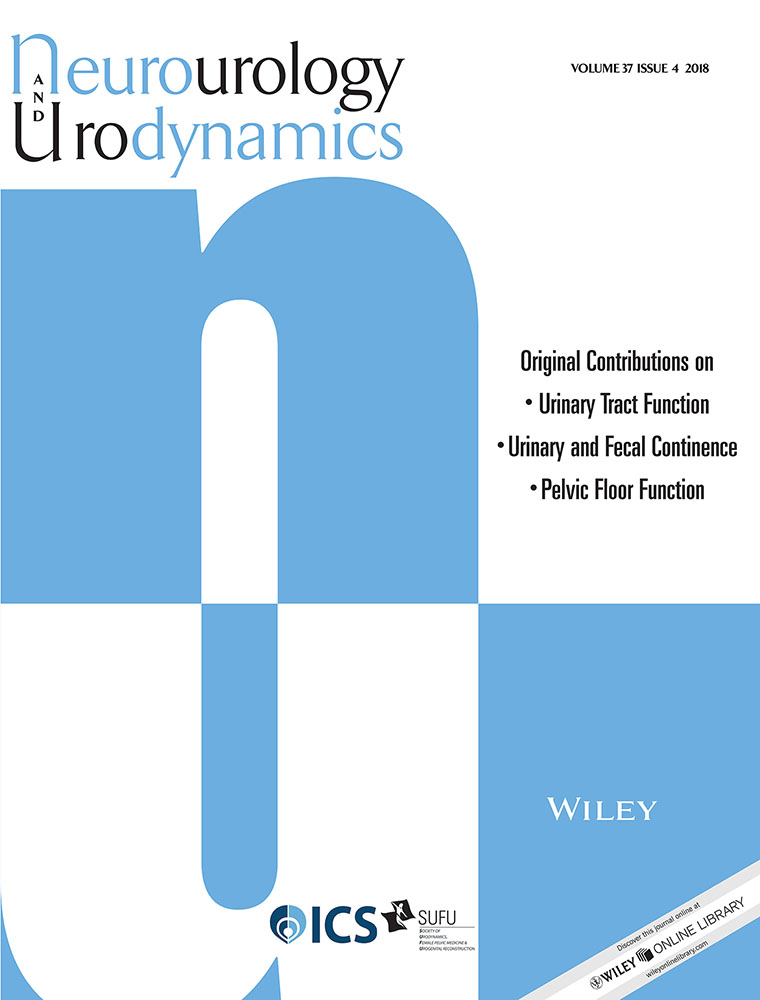Fecal incontinence knowledge, attitudes, and help-seeking behaviors among community-dwelling adults in Korea
Abstract
Objectives
Fecal incontinence (FI) is a common debilitating disorder that tends to be underreported. Although low health literacy likely contributes to the underreporting, studies on FI knowledge among the general population remain scarce. We investigated how FI knowledge is associated with attitudes and help-seeking behaviors.
Methods
We conducted a cross-sectional survey among community-dwelling adults undergoing national health screening in Korea. A structured, self-administered questionnaire was used to assess FI knowledge, attitudes, and help-seeking behaviors. Odds ratios (ORs; 95% confidence intervals, CIs) were estimated using logistic regression with adjustment for covariables.
Results
Of the 601 participants completing the survey, only 29.8% were aware of the term FI, and their knowledge levels were insufficient. As for FI-related attitudes, 24.6% considered FI to be very rare, and 22.3% considered it to be moderately or less distressing. Individuals who knew the term FI tended to consider FI more common (OR: 2.45; 95%CI: 1.49-4.02) and distressing (OR: 1.68; 95%CI: 1.07-2.63) than those without knowledge. Assuming future FI occurrence, those considering FI to be distressing were less willing to ignore or self-manage the condition (OR: 0.25; 95%CI: 0.11-0.58). Among patients with FI (n = 83), only 30.1% had sought help and 8.4% had consulted doctors. Knowing the term FI was significantly associated with overall help-seeking behavior (OR: 9.23; 95%CI: 2.09-40.77).
Conclusions
FI knowledge levels and help-seeking rates were low among community-dwelling adults. FI knowledge was significantly associated with attitudes and help-seeking behaviors. Future public education programs are warranted to improve FI knowledge, attitudes, and help-seeking behaviors.
CONFLICTS OF INTEREST
The authors declare no conflicts of interest.




